GDPR
GDPR is a legal framework with guidelines for the collection and processing of personal information in the EU. It affects all organisations that hold personal data on EU citizens, regardless of where the organisation is based in the world.
Cyber Essentials
Cyber Essentials is a Government backed scheme that will help you to protect your organisation against a whole range of the most common cyber attacks.
Firewall
Firewalls provide the ultimate network security with everything you need in a single modular appliance. It simplifies your IT security without the complexity of multiple-point solutions. The intuitive interface will help you quickly create policies to control security risks.
Device Encryption
Each year, millions of laptop computers are misplaced, stolen, or lost; many of them containing important and sensitive data. Full device encryption is the essential first line of defence to protect your data in any of these events.
Ransomware Protection
Ransomware is the number one cyber attack affecting organisations today. It encrypts your files and holds them hostage until the ransom is paid, causing massive disruption to your charity’s productivity. Ransomware Protection prevents the malicious spontaneous encryption of data by ransomware—even trusted files that have been hijacked.
Email Filtering
With email filtering, you can protect your cloud mailboxes against new, sophisticated attacks in real time. By protecting against unsafe attachments and expanding protection against malicious links, it provides advanced security features to provide better zero-day protection.
Anti-Virus & Malware Protection
Anti-Virus & Malware Protection blocks malware and infections by identifying and preventing the handful of techniques and behaviours used in almost every exploit.
Managed Detection & Response
Managed Detection & Response provides 24/7 threat hunting, detection, and response capabilities delivered by an expert team as a fully-managed service
Multi-Factor Authentication
Multi-factor Authentication adds an extra layer of security, making the user authentication a two-step process which requires the user to prove their identity. In addition to passwords, users are expected to acknowledge a phone call/text message or mobile app notification to complete the verification process.

